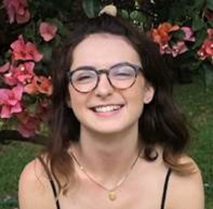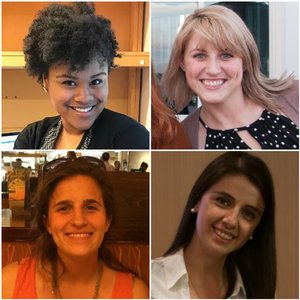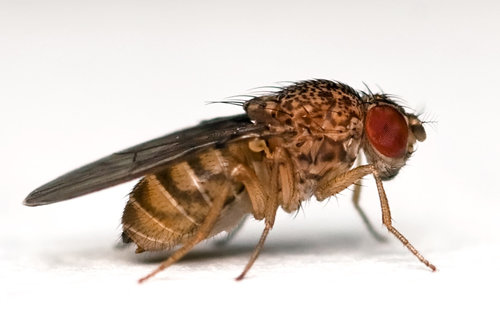Cell Bio Student Involvement
Graduate School would not be complete without a chance for our students to relax and unwind outside of the laboratory setting. Groups in our department, the School of Medicine, and the University provide many fabulous opportunities for our students to connect with each other, the city of Durham, and the global community. From fun outings to artistic and cultural events to activism and advocacy efforts, there's always something going on, and our students certainly know how to have a good time!
Click here to view a calendar of events on campus and around Durham.
Graduate Student Social Committee
Higher education would not be complete without providing our researchers the chance to relax, unwind, and get to know one another outside of a laboratory setting. This group of students is responsible for coordinating fun, leisurely events for students to enjoy, be they bi-weekly breakfasts (catered by local restaurants), outings around the city of Durham, or themed events corresponding with the time of year. The students greatly enjoy and appreciate this time to come together and discuss things besides their research projects, like current events, pop culture, and their lives outside the labs. These gatherings promote cooperation and collaboration between students across labs and research specialties.

Shannon Dupont, Committee Chair

Graduate Student Steering Committee
Representatives: Sara Payne (Sherwood Lab), Jason Long (Hilton Lab) & Eda Erata (Soderling Lab).
Beginning this year, the students have elected three representatives to serve on the Graduate Student Steering Committee. These individuals will give voice to the student perspective of the department as we continue to grow. They will join Drs. Michel Bagnat (Director of Graduate Studies), Cagla Eroglu (DGS for Neurobiology), Blanche Capel, and Stefano Di Talia in discussing the academic side of the program, professional development opportunities available to students, and other goings-on in the department. These few will provide a valuable resource in their service as student voice on this committee.

INSPIRE
Officers: Scott Allen (Fox Lab), Dan Hlavaty (Lechler Lab) and Stuart Behling (Lisberger Lab).
One of the major themes of our program is scientific responsibility. An opportunity for the students to engage in discussion about science and research ethics is an interdepartmental group called INSPIRE. Students come together to converse about current events in their respective fields, breakthroughs in research technologies, and advancements in medicine and the ethical implications that accompany these innovations. This organization meets bi‐weekly, attracting twenty to forty attendees, and fosters collaboration and community across labs, cohorts, and programs.
DUKE FLY CLUB

This academic year's meetings:
TBD
Club Faculty Advisor: Dr. Don Fox, Pharmacology & Cancer Biology
Founded in 2011, the Duke Drosophila group is a multi-disciplinary research group of basic and clinical laboratories at Duke, as well as guest speakers from neighboring institutions. We share the common interest of working with the fruit fly Drosophila as a model. Work presented at our monthly meetings has ranged from basic cell biology on genetics of decision-making behavior to translatable fly models of human diseases such as aneuploid cancers. By bringing together both Drosophila experts and clinical faculty who are using Drosophila to model their human disease of interest, our group presents an excellent informal opportunity for collaborative, translational projects to be established and rigorously discussed.
The group’s current membership includes ~75 researchers at Duke, from the departments of Medicine, Biology, Cell Biology, Neurobiology, and Pharmacology & Cancer Biology. Attendance at these meetings regularly includes 30-50 Duke researchers. This group allows students and postdocs to develop presentation skills and present new data. In addition to Duke researchers, Drosophila researchers from UNC, NC State, East Carolina, and institutions beyond North Carolina have also presented.